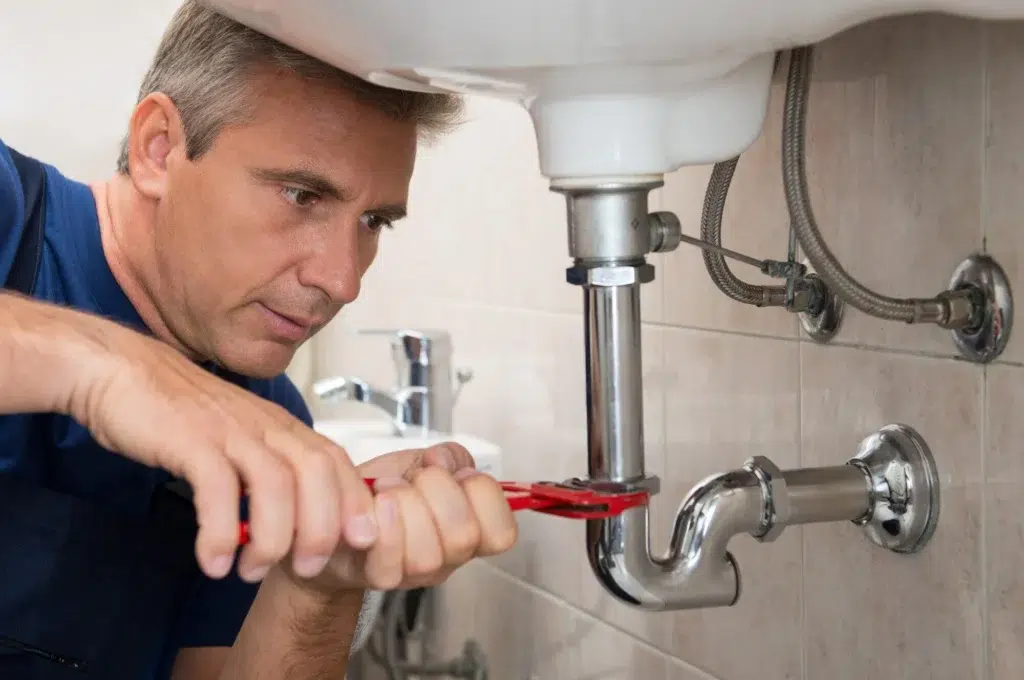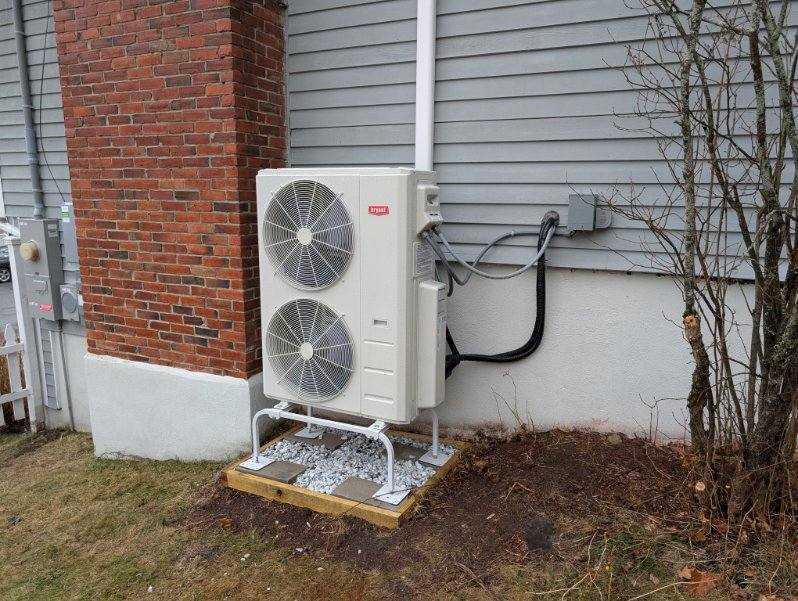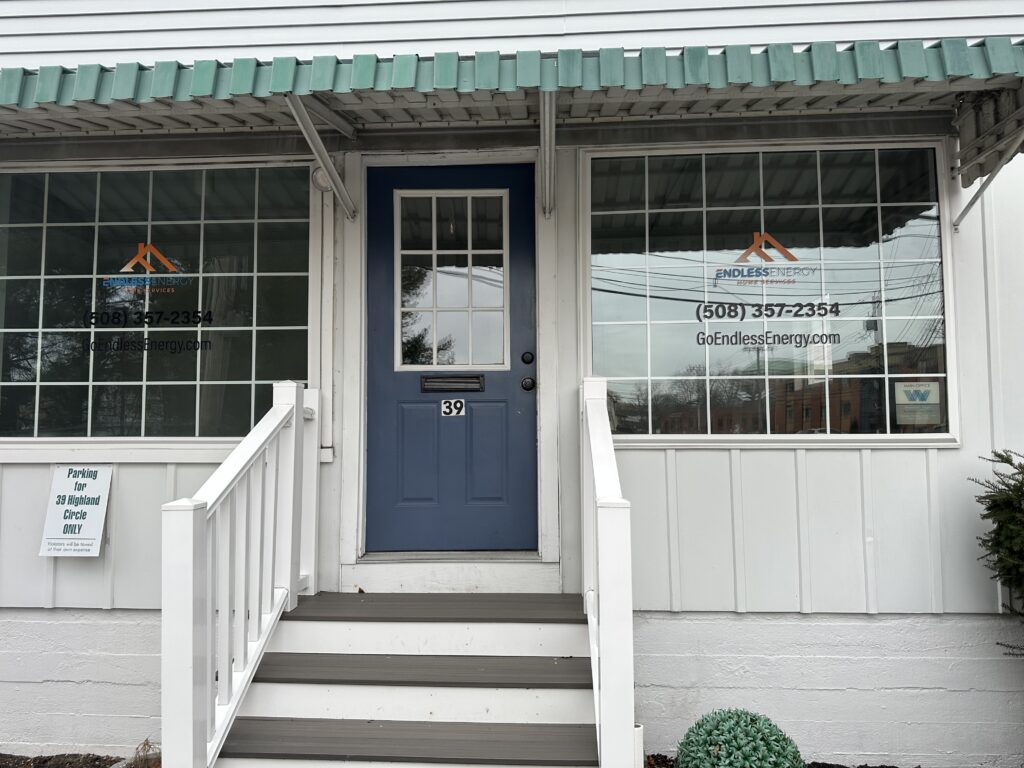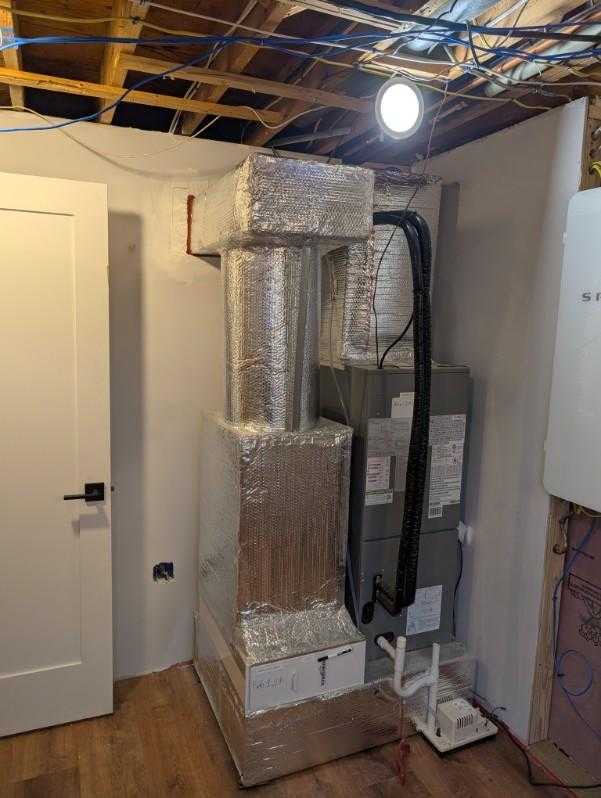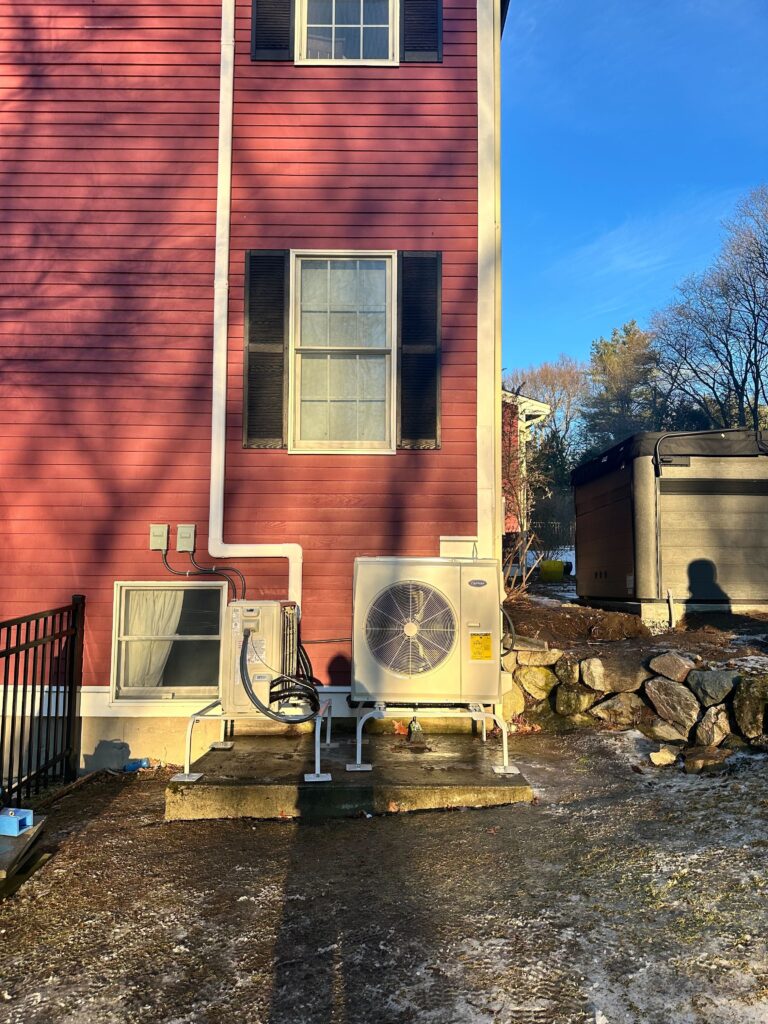Water gushing from a burst pipe at 2 AM. Your toilet is overflowing during a dinner party. A water heater that decides to quit on the coldest day of winter.
Plumbing problems always seem to happen at the worst times. You might wonder if you should fix it yourself or call for help. Making the wrong choice can cause lots of water damage and cost you a lot of money. Knowing when you need emergency plumbing repair instead of trying to fix it yourself can save you money and worry.
At Endless Energy, we’ve seen homeowners make both smart DIY fixes and expensive mistakes that require professional intervention. Keep reading for our complete guide on when to tackle the problem yourself and when to call pros.
Table of Contents
ToggleWhat Plumbing Problems Can You Fix Yourself?
Not every plumbing emergency requires a professional plumber. Simple issues like minor clogs, running toilets, and small leaks often respond well to basic DIY plumbing techniques. Here are the most common plumbing repairs you can tackle with basic tools and a little know-how.
Minor Drain Clogs
A slow-draining sink or shower points to a simple blockage you can clear yourself. Start with a plunger designed for sinks, then try a drain snake if that doesn’t work.
Avoid chemical drain cleaners that can damage your pipes over time. Hot water mixed with dish soap often breaks up grease clogs in kitchen sinks.
For bathroom drains, pull out visible hair first, then flush with hot water to clear the remaining debris. Following these steps will help you avoid needing to hire a professional plumber.
Running Toilet Repairs
A running toilet wastes up to 200 gallons daily, according to the Environmental Protection Agency (EPA), driving up water bills. Most running toilet issues stem from:
- A faulty flapper
- A chain that is too long, too short, or disconnected
- A malfunctioning fill valve that won’t shut off
Lift the toilet tank lid and check if the flapper seals properly against the flush valve seat. Adjust the chain length if it’s too tight or too loose.
Replace a damaged flapper with a new one from any hardware store. The job takes five minutes, making it one of the easiest emergency plumbing tips to master.
Small Water Heater Leaks
Minor water heater leaks often need simple tightening rather than emergency plumbing repair. Leaks become more common as a unit ages.
Knowing the answer to ‘how long do water heaters last’ helps you decide if a simple fix is enough. The EPA recommends replacing any heater over 10 years old to prevent high utility bills and maintain efficiency.
Before looking into a leak, turn off both the power and water supplies. Then, check the temperature and pressure relief valves. Water dripping from the valve means normal operation, but continuous flow indicates a plumbing problem.
Use a wrench to secure any loose connections. Be careful not to tighten too much. When leaks continue despite your efforts, you have a bigger problem. You’ll require a professional who fixes water heaters.
Basic Faucet and Showerhead Issues
Household leaks are a major source of wasted water. It accounts for one trillion gallons annually across the country, according to the Massachusetts government.
You can fix most leaky faucets by checking the internal washers and gaskets for wear and replacing them if needed. Take photos before disassembling parts so you remember how everything fits together.
For a leaky showerhead, use pipe tape and a wrench to ensure the connection is secure and tight. If you decide to replace it, choose a water-saving model to reduce water consumption.
Low water pressure from showerheads is caused by mineral buildup from hard water. Unscrew the showerhead and soak it in white vinegar overnight to dissolve deposits.
Clogged AC Condensate Drains
Humid Massachusetts summers make your AC work hard, creating a lot of condensation. The drain line that removes this water can get clogged, causing water to back up and damage your home.
Clear this plumbing problem yourself with a wet or dry vacuum. Begin by shutting down your AC system’s power. Next, locate the exterior PVC drain pipe and apply vacuum suction at the pipe’s end to extract any blockage.
Clogged Toilet Fixes
Summer gatherings and increased home activity lead to more toilet clogs in Massachusetts homes. Most clogs respond to a standard plunger without needing emergency plumbing repair.
For toilet clogs, select a plunger with a flange rather than the flat cup-style plungers that are intended for sink drains. Create a good seal around the toilet drain and plunge with steady, firm strokes.
If plunging fails, try a toilet auger to break up stubborn blockages deeper in the drain. Never use chemical drain cleaners in toilets, as they can damage the wax ring and create bigger problems requiring professional plumbing repairs.
When Should You Call a Professional Plumber?
While DIY plumbing saves money on minor issues, some jobs are too dangerous and complex to handle yourself. Attempting these repairs without training often leads to more expensive damage and serious safety hazards in your home.
Major Water Leaks and Burst Pipes
Pipes burst when water pressure builds up from blockages or when old pipes weaken and crack under normal use. In Massachusetts, ground shifting from freeze-thaw cycles puts extra stress on underground pipes, making pipe bursts more common.
Never try to fix a burst pipe yourself because temporary patches fail under water pressure, causing another flood. Professional plumbers shut off your water, cut out the damaged section, and install new pipes with proper fittings that won’t leak, providing emergency plumbing repair that lasts.
Sewer Line Backups
Your main sewer line can get blocked by several common culprits. They include:
- Tree roots growing into cracks in the pipes
- Too much waste and debris are building up over time
- Heavy rains are overwhelming older municipal systems
Untreated sewage contains harmful bacteria that can make your family ill. Store-bought drain cleaners won’t clear main line blockages either. You need a professional plumber with specialized cameras to locate the exact position of the blockage. They then use industrial-strength augers to clear it.
Complete AC System Failure
Your AC stops working when electrical parts like capacitors burn out or when refrigerant leaks from damaged coils. These systems run on high voltage and contain pressurized chemicals that require special handling licenses.
Touching electrical components can electrocute you, and handling refrigerant requires proper certification in Massachusetts. Licensed technicians will diagnose the problem while staying safe.
If replacement is needed, they help you access Mass Save rebates. These are cash-back incentives from the state that reduce your upfront costs for energy-efficient equipment by hundreds or even thousands of dollars.
No Hot Water
Water heaters stop producing hot water when heating elements burn out in electric units or when gas valves fail in gas models. A common question homeowners ask is why do pilot lights go out on water heaters. The answer lies in one of three common problems:
- A faulty thermocouple
- A dirty pilot orifice
- A damaged gas control valve
Gas water heaters involve dangerous gas lines, while electric units carry deadly voltage that can kill you. A professional technician who does water heater repairs can handle both gas and electrical connections.
Frozen AC Coils
AC coils freeze when airflow gets blocked by dirty filters or when refrigerant levels drop from small leaks. The AC problem becomes more common as you run your AC unit more often during hot summer days.
Running a frozen unit destroys the compressor, which costs thousands to replace, and refrigerant is toxic to handle. Professional technicians will thaw the system, find the real cause of the freezing, and clean the coils without damaging the delicate fins.
Gas Leaks
Gas smells come from loose pipe fittings, damaged gas lines, or malfunctioning appliances like water heaters. Natural gas is odorless, so utility companies add a chemical that smells like rotten eggs to warn you of leaks.
Gas can explode from the smallest spark, including static electricity from your clothes. Hence, gas leaks are the most dangerous plumbing problem you’ll face.
The most critical emergency plumbing tips include leaving immediately and calling professionals from outside your home. They have special leak detection equipment to find and fix the source, ensuring safety.
Electrical Issues with Plumbing
Electrical problems happen when water leaks onto wiring near water heaters, sump pumps, or garbage disposals, causing dangerous short circuits. You’ll notice this when:
- Outlets near plumbing fixtures stop working
- Circuit breakers keep tripping
- You see sparks when using switches near water sources
You can die from electrocution when trying to figure out how to fix plumbing that involves electrical components. Professional technicians trained in both plumbing and electrical work handle these emergency plumbing repair situations with proper safety equipment.
Get Emergency Plumbing Repair Services When You Need Them
Knowing when to tackle plumbing issues yourself versus calling professionals can save you money and prevent costly water damage. Simple problems like minor clogs, running toilets, and small leaks are often DIY-friendly with basic tools. However, emergency plumbing repair situations like burst pipes, sewer backups, gas leaks, and electrical issues require immediate professional intervention.
Endless Energy‘s skilled plumbers provide 24/7 emergency services throughout Massachusetts for any plumbing crisis. Our four decades of experience guarantee that your plumbing problems get resolved quickly and professionally.
Contact us today to get reliable plumbing help.
